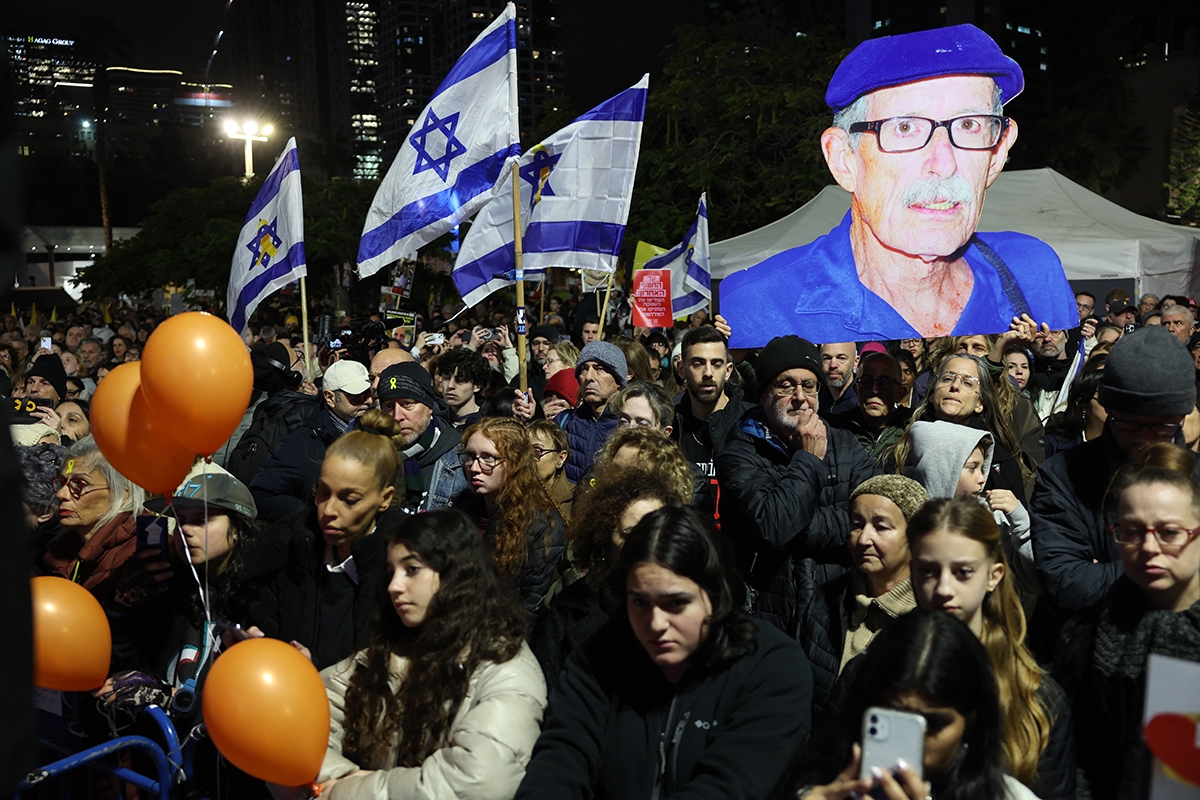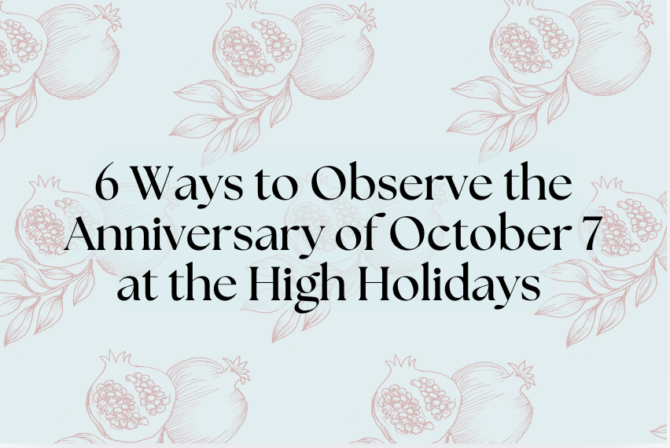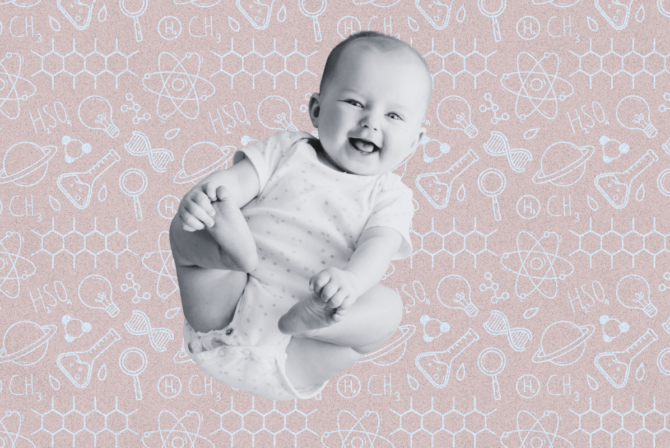In Nir Oz, against all the odds, a garden of cacti stands.
For 60 years, Oded and Yocheved Lifshtiz fostered this strange and beautiful garden, with hundreds of different kinds of cacti, succulents and euphorbias, a collection that started from a couple of plants Oded’s sister gave him from her own collection in Haifa. For two years, he fostered this garden by himself as a young man, and after he and Yocheved married, she became his partner in crime. They loved both the plants and the constant work — the weeding, the watering, the trimming.
Then October 7 happened, and Oded was taken into Gaza with Yocheved, both older and ailing. Yocheved was one of the first hostages to return because of her health — in the 16 days she was held in Gaza, she said she had a chance to confront Hamas leader Yahya Sinwar about holding innocent Israelis in tunnels. Yet Oded, her partner in life for more than half a century, who was shot in the hand that day while holding back their shelter door, stayed behind. Today, it was confirmed that he was killed not long after that, a year ago, at age 83.
After he was captured, for over 400 days, his and Yochi’s garden, too, was abandoned by the ruins of their burned-down home in the kibbutz Oded helped start as a young man as part of the Shomer Hatzair movement. It’s where the charred remains of a piano that he loved and learned to play by ear stayed unmoved, along with a candle holder collection that the Lifshitzes started after a trip to Istanbul. For the longest time, their grandson Daniel wrote in Newsweek, Yocheved couldn’t bear to return.
The big 26-foot-tall cactus toppled over, and for the first time in 60 years, the garden filled with weeds. And then, a little over 400 days later, came Daniel, Oded’s grandson, who decided to bring that garden back to life. He couldn’t do it alone — a group of rotating volunteers and plant experts from across the country came to do the work. And now, the cacti garden is lush and wondrous once more. But Oded, whose body was identified today, and whose grandson hoped would come back to see the garden, will never get to enjoy it again.
When a news channel came to cover Daniel’s efforts to rehabilitate the garden, he likened the cactus plant to his grandfather and his fellow hostages. “It is resilient,” he said, but it still needs care. Oded Lifshitz was like a cactus, a resilient soul full of idealism that he never relinquished, even when the ground around him seemed to be barren of it.
“We’re talking about a person who did fight for the country and its ideology and would say that Israel deserves to defend itself. In addition to that, he fought for everything that had to do with human rights,” Daniel recalled in an interview with Reshet13. His grandfather, he said, fought “for the rights of the Bedouins, the rights of the Palestinians, the rights of Israel, everything that he thought of as human rights and humanitarianism, and he fought for peace.” He believed in peace until the day he was taken hostage, and many of his friends and loved ones believe that he still would, even if, as his wife lamented, the same Palestinians that he cared for and had such good relations with are the ones who ended up leading him “to hell.” Yocheved and Oded volunteered for many years at Road to Recovery, driving sick Gazans to hospitals. He had good relationships with his Bedouin and Palestinian neighbors, and he wrote often about what he believed were the hurdles to peace.
Oded cared for the truth, and he was very much an ideologue. He spent decades of his life working as a journalist, first for Al Hamishmar, the Shome Hatzair newspaper, and then as a freelancer. Long before he was captured, he wrote in Haaretz about Netanyahu’s false promises of security, an article that seems especially heartwrenching after the kibbutz he helped start had a quarter of its members kidnapped and killed, abandoned for hours with no one in the government or the army coming to their aid.
Oded had a signature look on his many TV appearances as a journalist: rectangular glasses, an ascot cap, a bushy mustache, wise eyes and a kind smile. He was a doting grandfather to four, and great-grandfather to Daniel’s daughter. He loved to fill the room with the sound of music.
“A little late,” Yizhar, his son, said this week, “but IDF soldiers will finally make it to my father.”
“He reached out his hand to every place where there was injustice,” he said of the man who raised him and his three siblings. “Where he felt people were neglected or where there was corruption, he had an internal sense of justice and his strength was an expansive social view. As a man of peace he believed that we have to find a way to live together, but he also fought in five wars and founded a kibbutz.”
After news of his body being identified, his family shared, “We have gotten with great sorrow the official and bitter news about the identification of our beloved Oded’s body. 503 agonizing days of uncertainty have come to an end. We so hoped and prayed that the end of this journey would be different. Now we can grieve for the husband, father, grandfather and great-grandfather who we’ve missed so since October 7. Our family’s journey to recovery begins now, but it won’t end until the last hostage returns.”
May Oded’s memory be for a blessing and a revolution, and we hope that it leads, one day, to the peace he always believed in.








